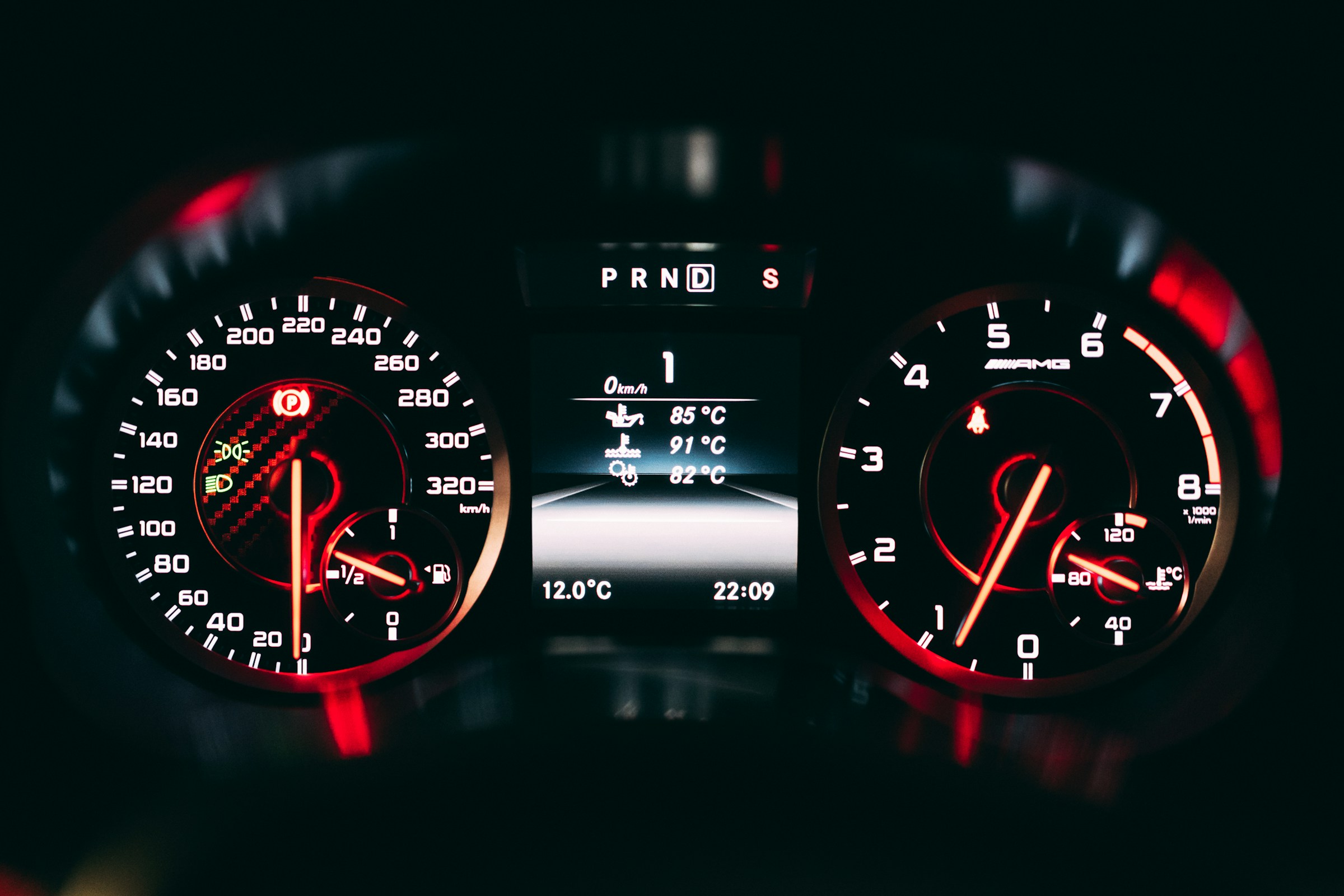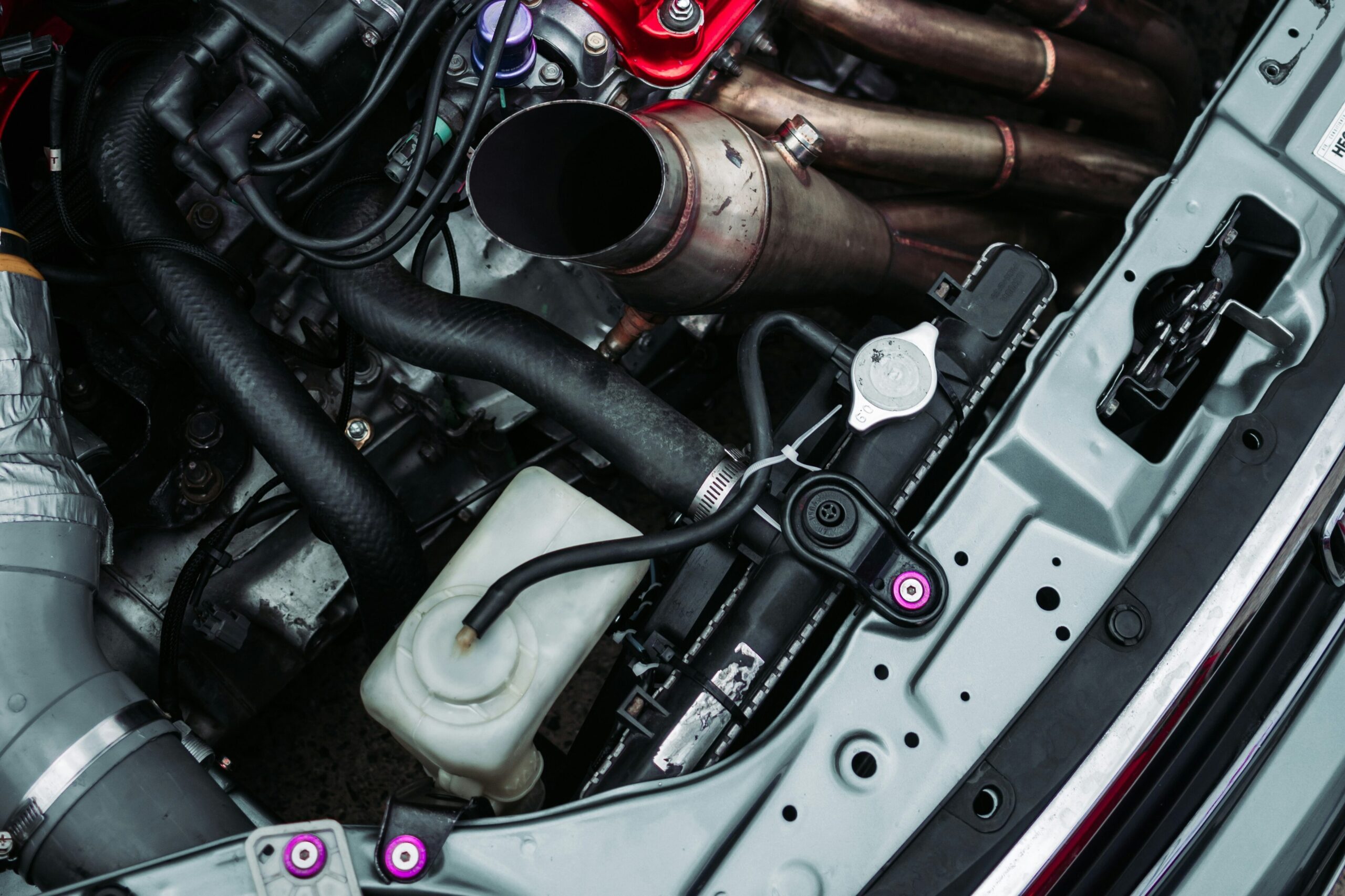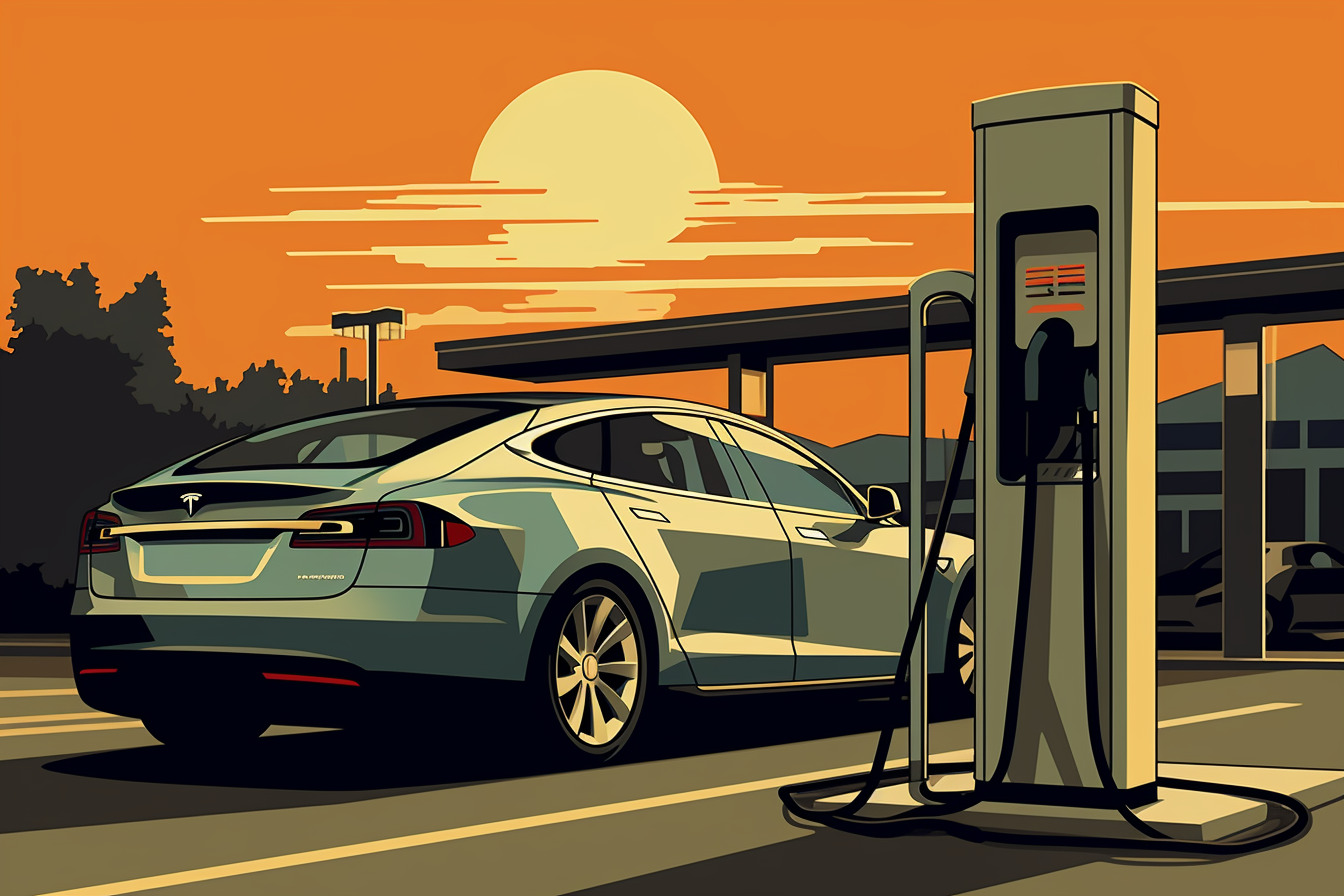
As an Amazon Associate, Modded gets commissions for purchases made through links in this post.
Electric vehicles (EVs) are all the craze as more consumers opt for cleaner transportation alternatives and sleeker rides. From Tesla to Ford to Kia, automakers have jumped on the EV bandwagon, releasing efficient models to meet eco-conscious consumer demands. Yet, there’s been one snag: The time it takes to charge an electric car.
Drivers worldwide have invested thousands of dollars in EVs only to discover they’re not as ideal for long distances before needing to repower. So, how long does it take to charge an electric car, and what can you do to preserve your EV battery life for the most extended driving range?
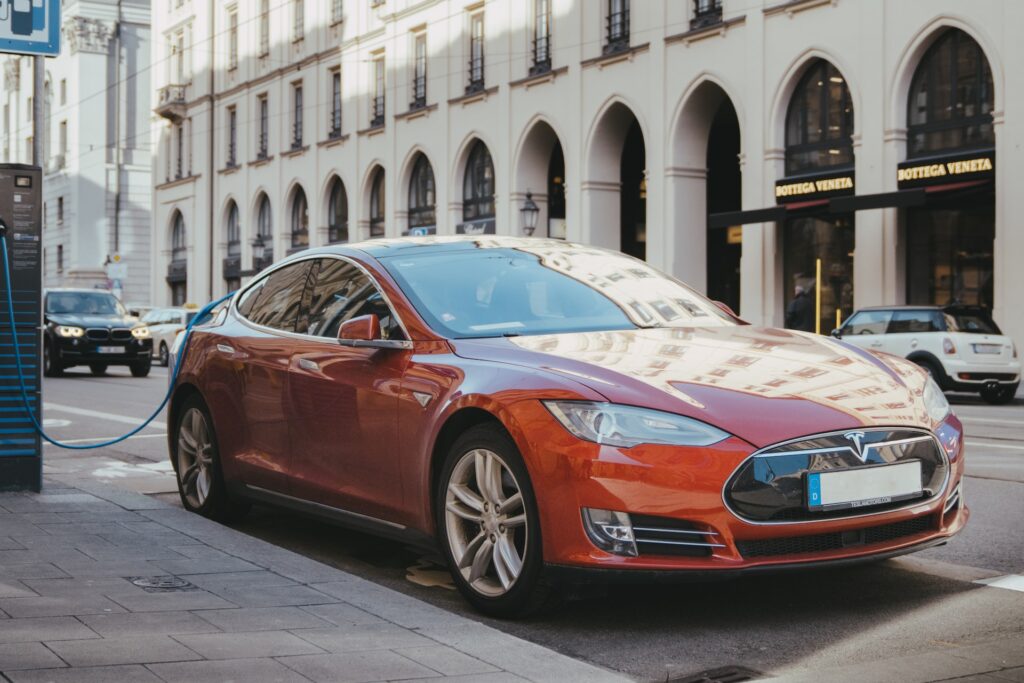
Timing Is Everything: How Long it Takes to Charge an Electric Car
There are three EV charger types which charge your electric car at different speeds as follows:
- Level 1: A residential 120-volt port that takes about 40–50 hours for an 80% charge for a battery electric vehicle (BEV), or 5–6 hours for a plug-in hybrid electric vehicle (PHEV).
- Level 2: Uses 240-volt charger and most common for residential or public charging — takes about 4–10 hours to charge a BEV and 1–2 hours for a PHEV.
- Direct current (DC) fast charging: Rapid chargers at various public locations — supermarkets, strip malls or theaters — recharging BEVs in 20 minutes to an hour.
Plugging a BEV into a DC fast charger for 30 minutes can add 200 miles to your driving range. However, your EV battery’s age and outdoor temperature might affect how quickly it receives and can retain the charge. Currently, PHEVs are not compatible with DC fast-charging stations.
Different charger levels are also conducive to various driving habits. For instance, use a Level 1 port if you drive less than 40 miles daily. Meanwhile, Level 2 chargers are best if you go over 40 miles. DC fast chargers are often found on interstate highways where drivers can quickly recharge and continue their drive.
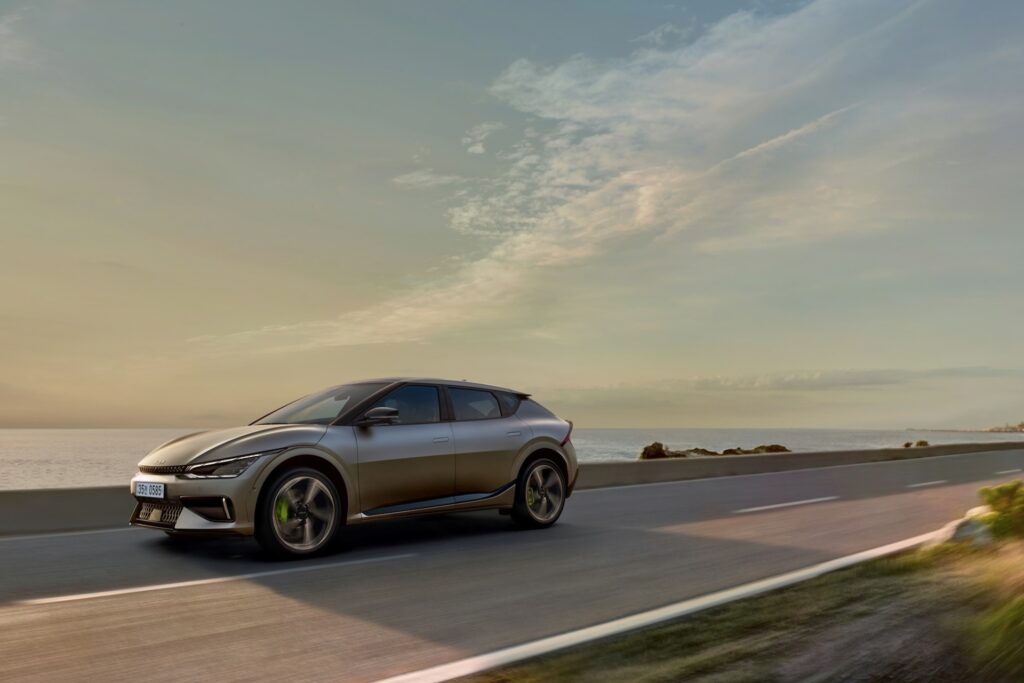
EVs Have a Road Trip Problem
Owning an electric car you can recharge at home overnight is convenient — but what do you do on road trips? EV drivers are growing increasingly frustrated with charging troubles during more extended travels.
There are a few things drivers face while road-tripping in their EVs, such as the following:
- Difficulty planning: Although EVs have built-in tools to locate nearby chargers, it is still best to plan ahead and map out where DC fast chargers are located.
- Unreliability: About 20% of EV owners who stop at a charging station leave without recharging because of long wait times and broken machines.
- Shortage of chargers: While there are 160,000 EV chargers in the US, we need about 700,000 Level 2 and 70,000 DC fast chargers by 2030 to meet demand.
- Speed: The time it takes to charge an electric car — even at a DC fast-charging station — significantly cuts your trip.
- Expense: Whereas it may cost 16 cents per kilowatt-hour (kWh) to charge at home, you could spend about 30–43 cents on the road.
Part of the problem is not everyone owns a Tesla, which means their vehicles may not work at a Tesla charging station. As the leading EV manufacturer, Tesla’s chargers — particularly DC fast chargers — are most prevalent nationwide.
Unless an EV comes with a CCS connector, drivers cannot recharge using the Tesla Supercharger. Currently, the Hyundai IONIQ 5 and Kia EV6 have problems charging with Tesla’s Superchargers — although they can use the Level 2 chargers without issue.
EVs With the Longest Driving Range
The Biden Administration invested $7.5 billion in EV charging with the Bipartisan Infrastructure Law in early 2023. They also invested $10 and $7 billion in clean transportation and EV battery parts, respectively. Naturally, changes could take some time, though.
One way to get around the time it takes to charge an electric car — and the many other problems — is to purchase a model with the longest driving range.
Perhaps surprisingly, Lucid Motors’ 2023 Lucid Air surpassed Tesla’s Model S electric car at 516 miles per charge — the latter achieving a whopping 405 miles.
Other electric cars with long driving ranges are the following:
- 2024 Rivian R1T: 400 miles
- 2024 Hyundai Ioniq 6: 361 miles
- 2023 Tesla Model 3: 358 miles
- 2023 Mercedes EQS Sedan: 350 miles
- 2023 Tesla Model X: 348 miles
- 2023 Tesla Model Y: 330 miles
Automakers feel increasingly pressured to deliver state-of-the-art EVs. As such, you can anticipate advancements in EV technologies, with models reaching even longer distances with shorter charging times.
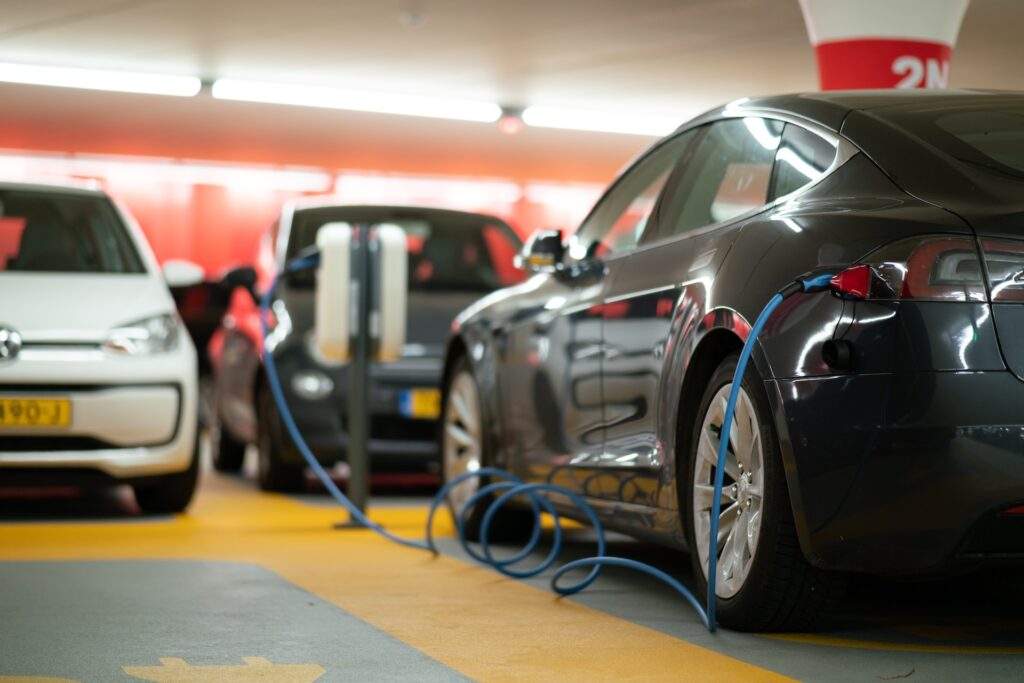
How to Extend Your Electric Car’s Charge
Electric car batteries’ ability to charge quickly and retain power degrades as the vehicle ages. On average, EV battery storage decreases 2.3% annually — meaning you could lose about 17 miles of driving range in five years with a 150-mile Nissan Leaf.
Federal warranties on EV batteries extend eight years or 100,000 miles — yet automakers typically offer warranties beyond the national minimum. For instance, Rivian battery coverage lasts 175,000 miles or 10 years.
Battery replacements are rare in the EV automotive industry. However, if you need a new battery, you could pay $4,000 to $20,000, depending on the make and model.
You can do a few things to extend your EV battery life and ensure faster charging times in the long run. Tips to prolong your EV’s charge include:
- Avoid recharging to 100% — instead, only recharge 20% to 80% of your battery’s capacity.
- Likewise, replenish your EV power before your battery dips below 20 percent.
- Maintain your car according to the manufacturer’s recommended servicing schedule.
- Avoid exposing your EV to extreme temperatures by shading it under a tree or in a garage.
- Keep rapid charging to a minimum, saving it for longer trips instead.
A Healthy EV Reduces Charging Times
You can limit the time it takes to charge an electric car by maintaining the battery life. Taking care of your EV is the most efficient way to prolong your EV’s driving range and battery energy storage. While electric car manufacturers have yet to resolve charging snafus on longer trips, there are measures you can take to make charging times more efficient.
Stay up to date with the latest by subscribing to Modded Minute.
Author
Jack Shaw is a senior writer at Modded. Jack is an avid enthusiast for keeping up with personal health and enjoying nature. He has over five years of experience writing in the men's lifestyle niche, and has written extensively on topics of fitness, exploring the outdoors and men's interests. His writings have been featured in SportsEd TV, Love Inc., and Offroad Xtreme among many more publications.



